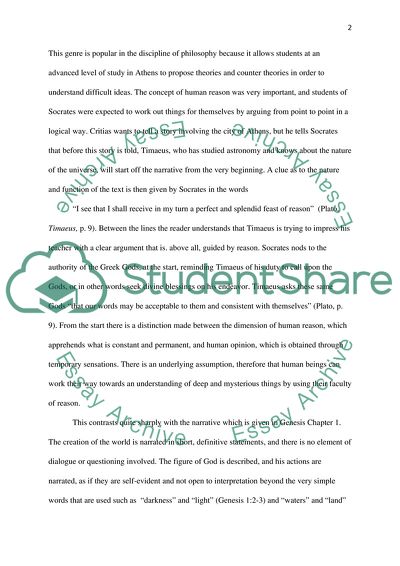Cite this document
(Textual Paper: Plato and the Genesis 1 Story Book Report/Review, n.d.)
Textual Paper: Plato and the Genesis 1 Story Book Report/Review. https://studentshare.org/religion-and-theology/1771738-textual-paper
Textual Paper: Plato and the Genesis 1 Story Book Report/Review. https://studentshare.org/religion-and-theology/1771738-textual-paper
(Textual Paper: Plato and the Genesis 1 Story Book Report/Review)
Textual Paper: Plato and the Genesis 1 Story Book Report/Review. https://studentshare.org/religion-and-theology/1771738-textual-paper.
Textual Paper: Plato and the Genesis 1 Story Book Report/Review. https://studentshare.org/religion-and-theology/1771738-textual-paper.
“Textual Paper: Plato and the Genesis 1 Story Book Report/Review”. https://studentshare.org/religion-and-theology/1771738-textual-paper.


